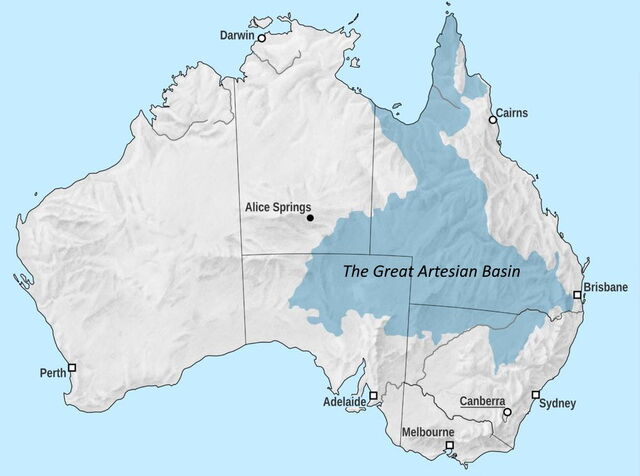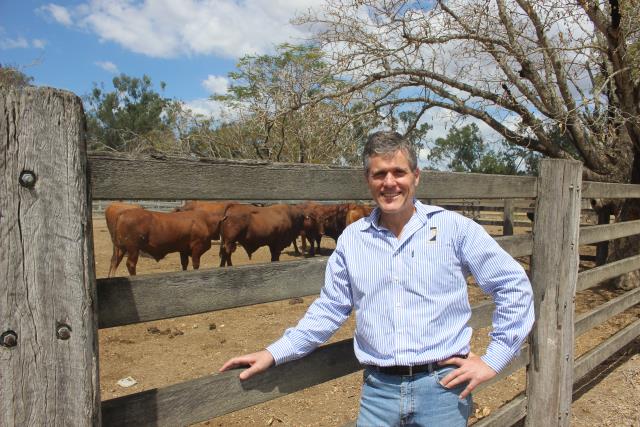
As Glencore continues to negotiate with the State Government for approval on its latest project, Agforce is taking the dispute to court.
The Great Artesian Basin is the world’s largest underground freshwater source, running under most of Queensland and spanning into parts of New South Wales, South Australia and the Northern Territory.
After receiving approval from the Federal Environment Department in February 2022, Glencore is currently negotiating with the Queensland Government to get approval for a new trial to inject over 300,000 tonnes of liquid carbon dioxide over three years into the GAB through the Sandstone aquifer in the Darling Downs region.
The Federal Environment Department approved this proposal on the basis that it did not need an assessment as it fell outside the Environment Protection and Biodiversity Conservation Act (1999).
As of Friday 15 March, Agforce Queensland took the dispute to the Federal Court and had the first directions hearing.
Agforce CEO Micheal Guerin said that if this project got the green light, food security in Australia would be in danger and the potential repercussions if something went wrong would be irreversible.
“The industrial waste could allow lead and arsenic caught in the rock formations in the GAB to be released into the water and that could make its way into the food system over time,” Mr Guerin said.
“The scariest part about this is if they pump these emissions underground, (Glencore) can claim ACCU meaning every Australian taxpayer will be paying Glencore through this scheme to pump that industrial waste into the GAB.”
Given that Australia is not a high-rainfall country, the hundreds of thousands of Australians living further inland, and on large properties, rely solely on the Great Artesian Basin to water their stock and crops.
According to a spokesperson from the Department of Environment, Science and Innovation, strict regulations will need to be met and a final decision on this is due in May this year.
“A rigorous assessment is being undertaken as part of the Environmental Impact Statement process and will address any environmental concerns associated with the project, including consideration of potential impacts to groundwater and the Great Artesian Basin.”
Many Queensland farmers have expressed their opposition to the carbon capture scheme and are all the while baffled this issue is not getting the publicity that it should be.
Queensland Premier Steven Miles said while in Rockhampton recently that he was aware of this proposal as well as the concerns of farmers and environmental groups.
“I think it would be very difficult for (Glencore) to achieve those approvals, but there is a process by which people are allowed to ask and they will be stringently assessed by scientists,” Premier Miles said.
For more information about the proposed carbon capture scheme and to help the cause, visit Agforce’s Facebook page to get involved in the conversation or visit their website at agforceqld.org.au to donate funds to the cause.






